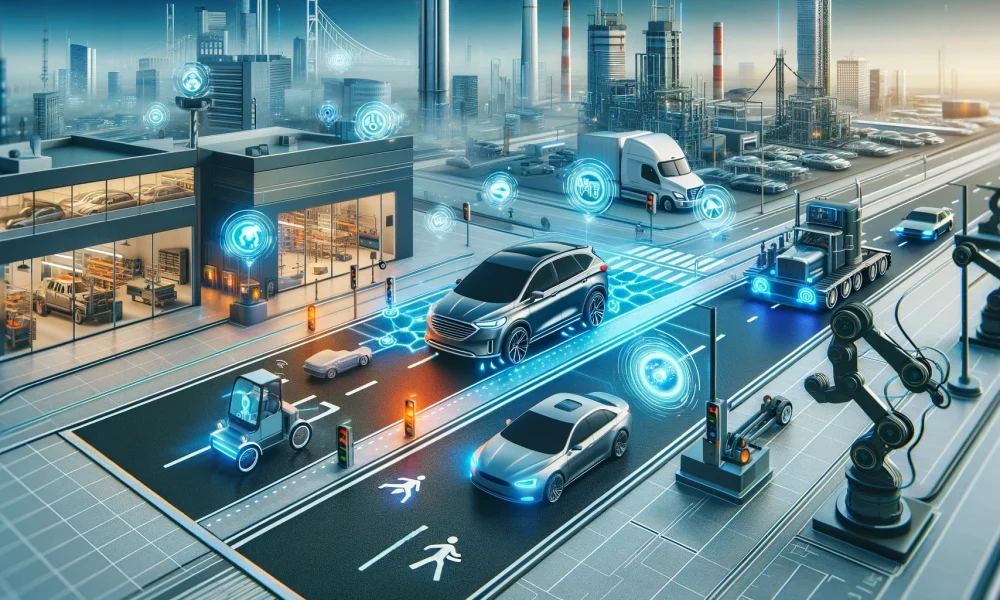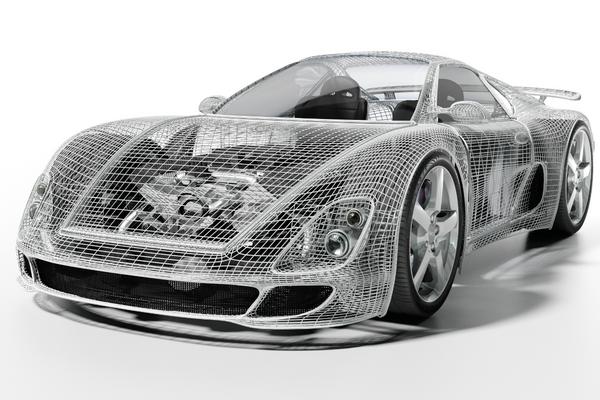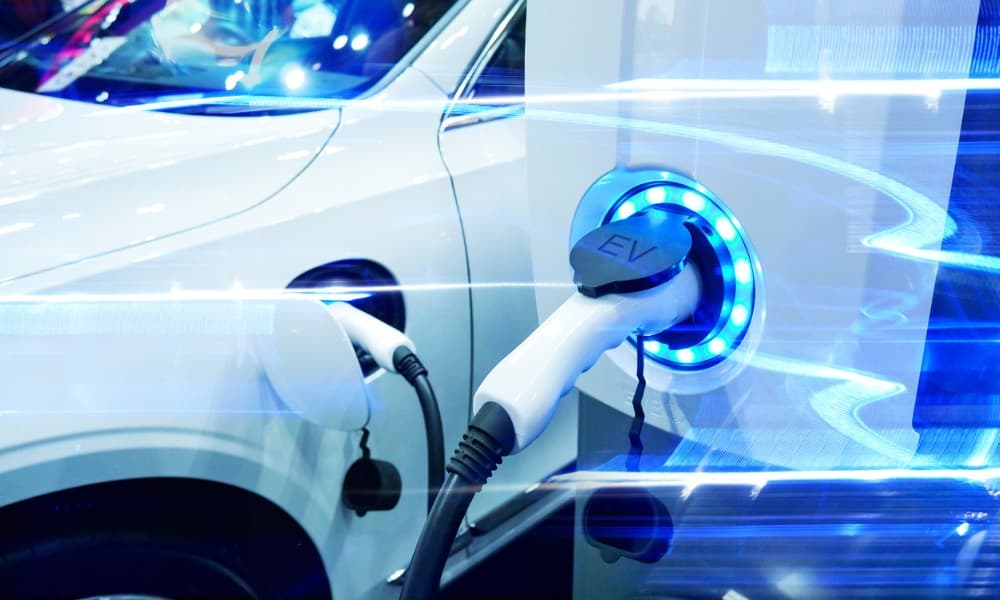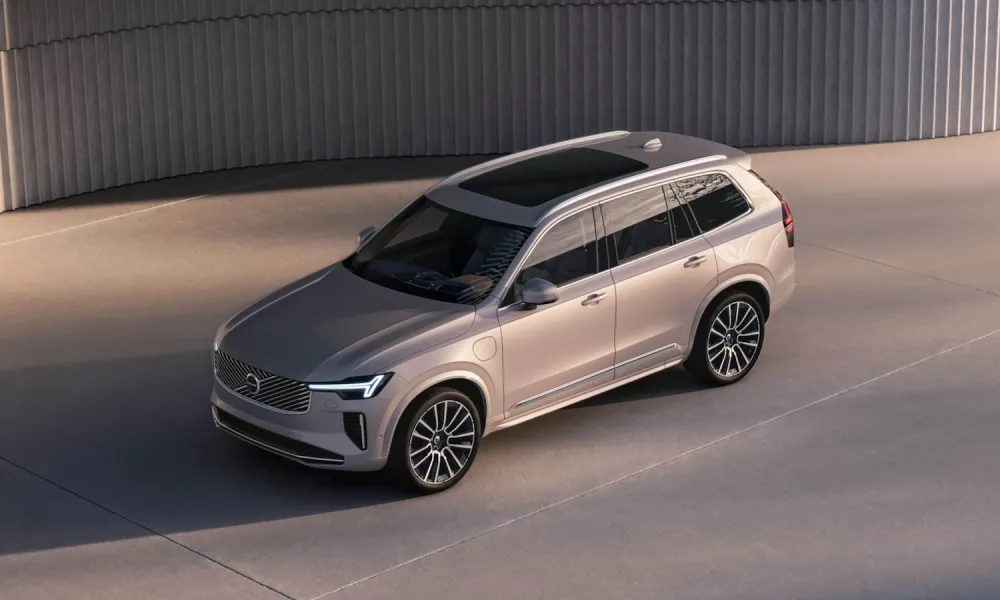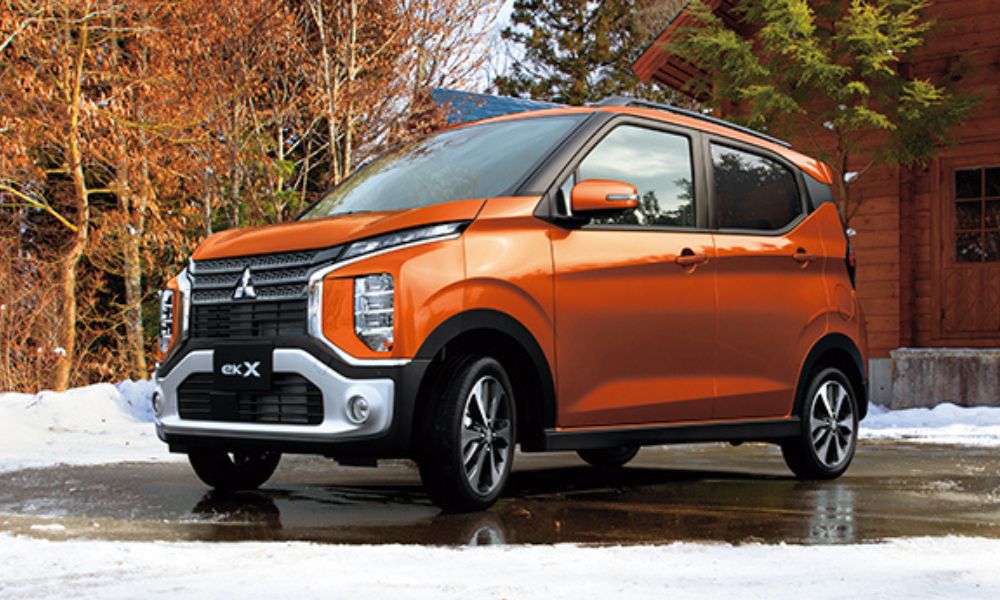Artificial intelligence (AI) and automation are transforming the automotive industry at an unprecedented pace. From self-driving cars to smart manufacturing processes, these technologies are reshaping how vehicles are designed, produced, and driven. In this article, we delve into the impact of AI and automation on the automotive world, highlighting their key applications and future potential.
AI in Automotive Manufacturing
The integration of AI in automotive manufacturing has significantly enhanced efficiency and precision. AI-powered systems analyze vast amounts of data, enabling manufacturers to optimize production lines and reduce errors.
Predictive Maintenance
AI ensures that machinery operates at peak efficiency by predicting potential issues before they lead to breakdowns. This minimizes downtime and saves costs.
Robotics in Assembly Lines
Automation in the form of robotic arms has revolutionized assembly lines. These robots can perform repetitive tasks with unmatched accuracy, increasing production speed while maintaining quality.
Quality Control
AI-driven vision systems inspect parts and finished products for defects, ensuring that only high-quality vehicles leave the production facility.
Autonomous Vehicles: The Future of Driving
Self-driving cars represent one of the most exciting advancements in the automotive sector. AI plays a central role in enabling vehicles to navigate, make decisions, and interact with their environment.
Levels of Autonomy
The Society of Automotive Engineers (SAE) defines six levels of vehicle autonomy, from Level 0 (no automation) to Level 5 (full automation). Companies like Tesla, Waymo, and General Motors are pushing boundaries to achieve higher levels of autonomy.
How AI Powers Autonomous Driving
AI processes data from sensors, cameras, and LIDAR systems to create a real-time map of the car’s surroundings. Machine learning algorithms enable the vehicle to recognize objects, predict their behavior, and make driving decisions.
Safety and Efficiency
Autonomous vehicles aim to reduce accidents caused by human error. They also optimize traffic flow, improving fuel efficiency and reducing emissions.
Connected Cars and IoT Integration
AI and the Internet of Things (IoT) have brought about the era of connected cars. These vehicles use AI to provide enhanced features and improve the overall driving experience.
Smart Infotainment Systems
AI-driven infotainment systems offer personalized recommendations for music, navigation, and even vehicle settings. Voice recognition powered by natural language processing (NLP) enables hands-free operation.
Vehicle-to-Everything (V2X) Communication
Connected cars can communicate with each other, traffic infrastructure, and the cloud. This enhances road safety, reduces congestion, and enables real-time updates for navigation systems.
Predictive Analytics
AI monitors driving habits, vehicle performance, and external conditions to predict maintenance needs, reducing the likelihood of breakdowns.
Automation in Electric Vehicle (EV) Development
The rise of electric vehicles has been accelerated by automation and AI, which streamline the production process and improve battery efficiency.
Battery Optimization
AI algorithms analyze battery usage patterns to improve charging speed and enhance battery life, addressing key concerns of EV users.
Autonomous EVs
Combining AI-driven autonomy with electric powertrains creates eco-friendly self-driving vehicles, reducing carbon footprints and offering sustainable transport solutions.
Challenges and Ethical Considerations
Despite its immense potential, the integration of AI and automation in the automotive industry comes with challenges.
Data Privacy
Connected cars generate vast amounts of data, raising concerns about privacy and security. Ensuring robust cybersecurity measures is essential.
Job Displacement
Automation in manufacturing may lead to job displacement for human workers. Reskilling and upskilling programs are necessary to mitigate this impact.
Ethical Dilemmas in Autonomous Driving
AI in autonomous vehicles must be programmed to handle ethical dilemmas, such as choosing between two potentially harmful outcomes. These scenarios require careful consideration and regulation.
The Road Ahead
AI and automation are set to further revolutionize the automotive industry. Advancements in quantum computing, edge AI, and 5G connectivity will unlock new possibilities for smarter, safer, and more efficient vehicles. As these technologies evolve, the line between science fiction and reality continues to blur, promising an exciting future for the automotive world.
Conclusion
The integration of AI and automation is transforming every aspect of the automotive industry, from manufacturing to driving experiences. These technologies promise improved safety, efficiency, and sustainability, paving the way for a future where vehicles are smarter, greener, and more connected than ever. While challenges remain, the potential benefits far outweigh the risks, making AI and automation essential components of the automotive evolution.

